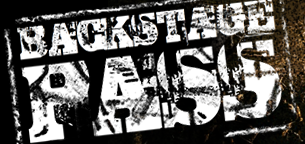Abstract
Music is intended to be expressive and unconstrained, a tool of communicating emotion and bridging humanity. As such, censorship is widely despised among music creators, listeners, publishers, distributors, and other music industry stakeholders. “Freedom of expression,” however, proves to be an applicable argument for both sides of the matter when the censorship concerns hate directed at marginalized communities. Analyzing the concept of censorship through the lens of those with privilege and power fails to recognize the extent to which hate speech impacts its victims and the indirect recipients of the message. As a powerful influencer of popular and youth cultures, the music industry has a responsibility to benefit society rather than harm it. Distribution platforms must be active players in building an ethical society because of their tremendous power as the channels to the consumer facing side of the industry.
Recommended Citation
Tan, Joey A.
(2019)
"Censoring Hate in the Music Industry: Shifting Perspectives in Pursuit of Cultural Equity,"
Backstage Pass: Vol. 2:
Iss.
1, Article 21.
Available at:
https://scholarlycommons.pacific.edu/backstage-pass/vol2/iss1/21
Included in
Arts Management Commons, First Amendment Commons, Gender, Race, Sexuality, and Ethnicity in Communication Commons, Musicology Commons, Radio Commons, Social Influence and Political Communication Commons, Sociology of Culture Commons



Author Bio
Joey is a student advocate and leader within the LGBTQ+ community with a passion for empowering their peers through artistic expression and identity development. As a senior within the University of the Pacific's music industry studies program, Joey hopes to continue their research relating to the intersections of art and culture in their graduate studies.